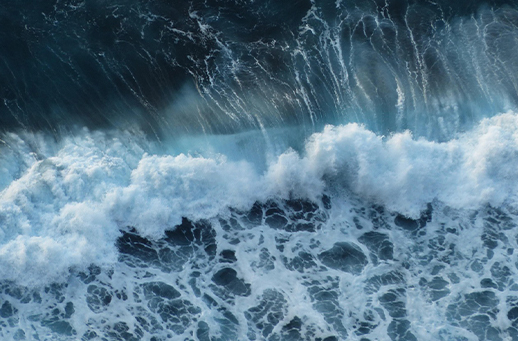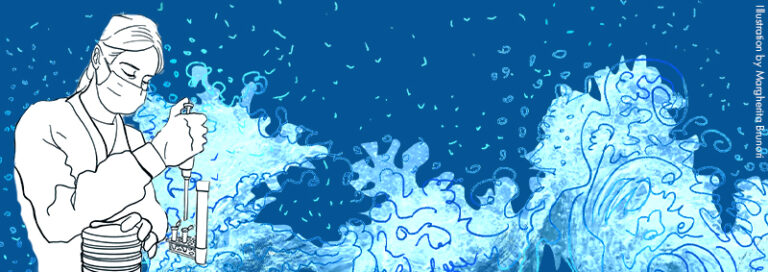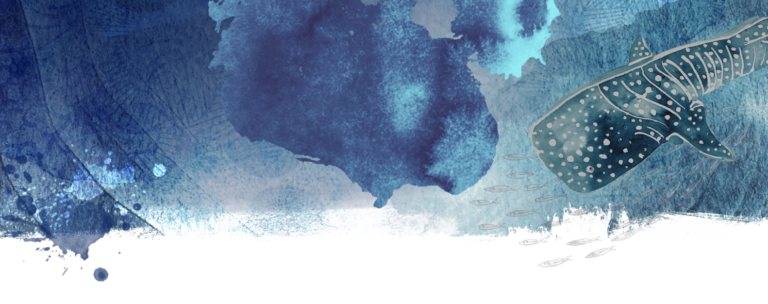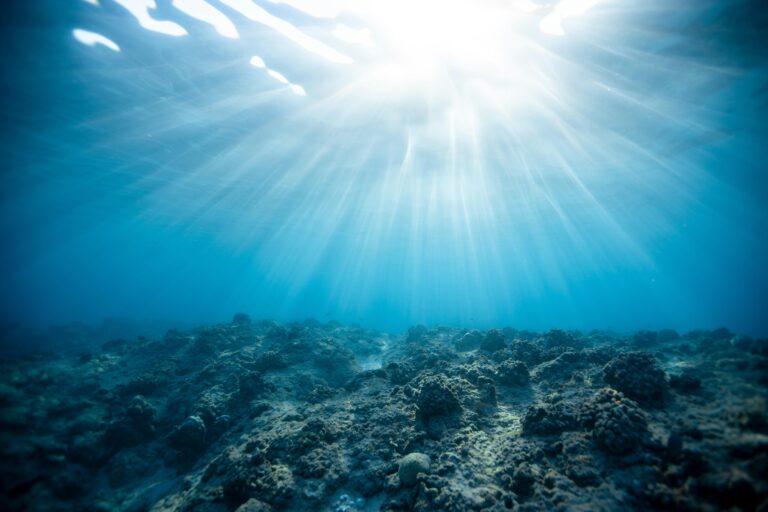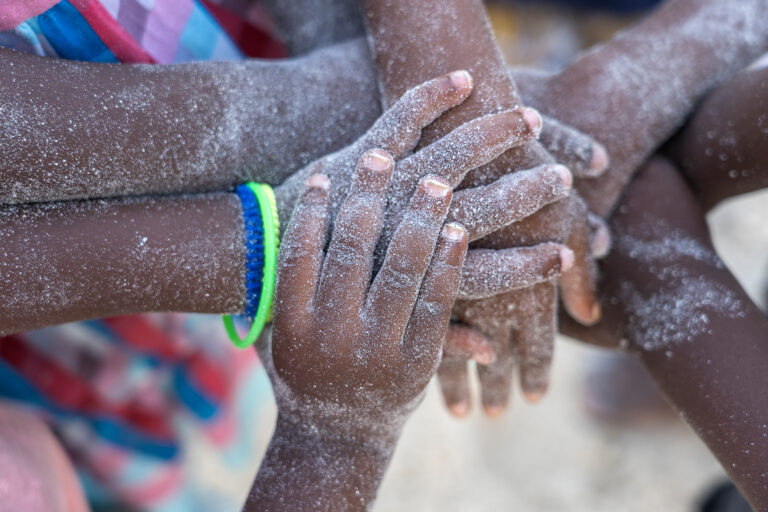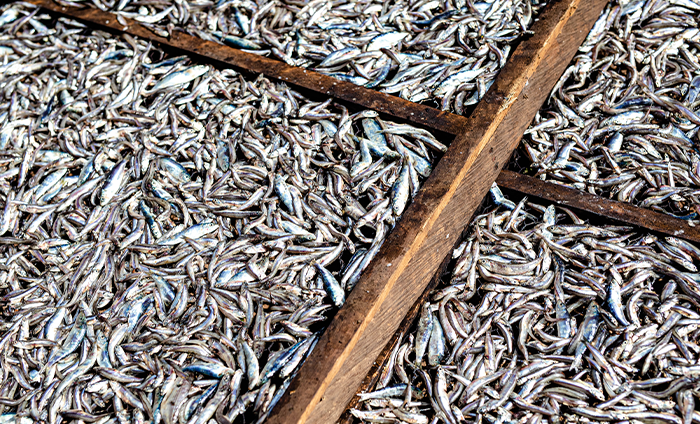Publications

Ocean governance and the protection of ocean defenders
“The rapid expansion of the ocean economy has triggered a wave of environmental injustices and human rights abuses worldwide, with often-marginalized coastal communities bearing the brunt of the fallout. Many communities and their allies are confronting these mounting pressures through advocacy and on-the-ground mobilization. This resistance is often met by harsh repression from corporations and […]
Human rights implications of deep-seabed mining from the perspective of protecting everyone’s human right to health in the context of climate change
“This brief summarizes the human rights implications of deep-seabed mining and outlines relevant international obligations. In particular, this brief clarifies State obligations in protecting marine biodiversity in supporting the human right to health, including from the impacts of climate change. In doing so, it draws on the International Tribunal for the Law of the Sea […]
Closing Conference Report
“From 20 – 24 May 2024, the Hub held its closing conference in Cape Town, South Africa. Although the One Ocean Hub project had its inception in 2019, the story of the Hub began before that – when researchers and practitioners with ocean-related interests and expertise (including lawyers, scientists, social scientists, geographers, artists – many […]
code of practice for the One ocean hub
The Code of Practice of the One Ocean Hub is the guiding framework for which all research and activities under the Hub are expected to be carried out. The Code was originally co-developed with Co-Investigators from across the Hub during January-July 2019. It is a living document and will be updated periodically in line with […]
Chapters by Lavalle, Wynberg and Morgera in Decoding Marine Genetic Resource Governance Under the BBNJ Agreement
“This open access book provides practical guidance for understanding the new treaty adopted in June 2023 that will change the way biodiversity is governed in about two thirds of the oceans known as areas beyond national jurisdiction (ABNJ). The Agreement under the United Nations Convention on the Law of the Sea on the Conservation and Sustainable […]
Reconsidering Child Labour as a Psycho-Social Dynamic and Form of Child Rights Violation: Insights from Ghanaian Marine Small-Scale Fisheries
“The issue of child labour is widely researched and debated, and is well addressed in different laws, policies and forums of governments; yet child labour remains intractable in both developed and developing countries. This intractability is often explained differently, such that international child rights conventions often attribute child labour to a lack of protection for […]
Tides of Knowledge: ocean knowledge co-creation at the science-society-policy nexus
“In this chapter we explore the possibilities for decolonising ocean science through fluid and tidal movements toward ocean knowledge co-creation that is transformative, transdisciplinary and transgressive, and that expands research at the sciencesociety-policy interface. In our experience coordinating and participating in a global transdisciplinary and transgressive ocean governance research network, we considered this approach essential […]
Equity, sustainability and transformation under the BBNJ Agreement
“This chapter reflects on the overarching contributions of the Agreement under the United Nations Convention on the Law of the Sea on the Conservation and Sustainable Use of Marine Biological Diversity of Areas Beyond National Jurisdiction (BBNJ Agreement) to inter-and intra-generational equity, environmental sustainability, and transformation. The chapter explains the areas of the BBNJ Agreement […]
Gender Dimensions of Vulnerabilities, Adaptations and Alternative Livelihoods of the Closed Season in Elmina – Ghana: A Qualitative Study
“A closed season policy has emerged as an ocean governance strategy aimed at protecting and conserving fish stocks across countries and coastal areas. Its implementation has produced traces of vulnerabilities, and forms of livelihood adaptations and alternative livelihood opportunities. However, little is known about how these occur among gender groups. This paper therefore focuses on […]
